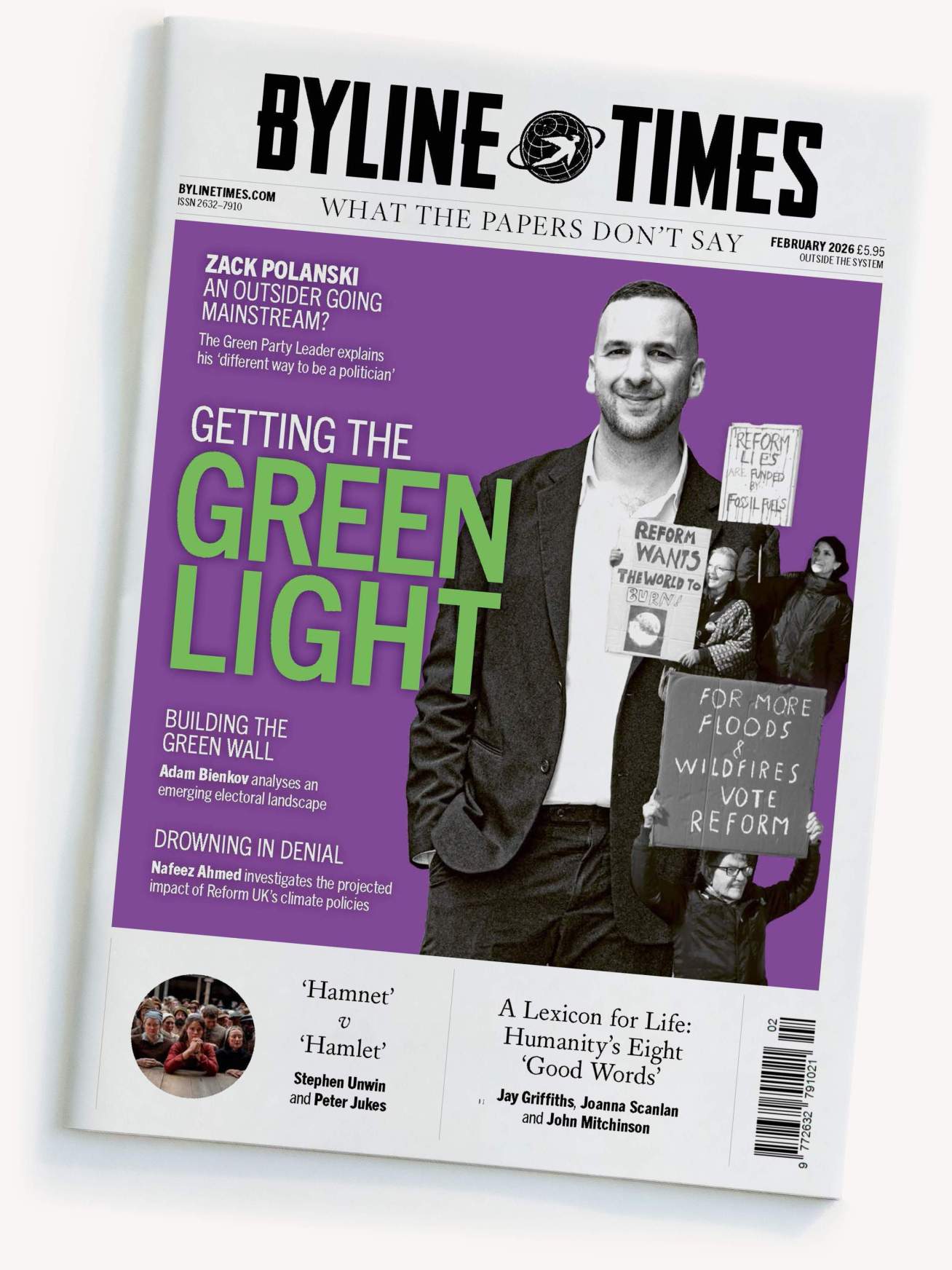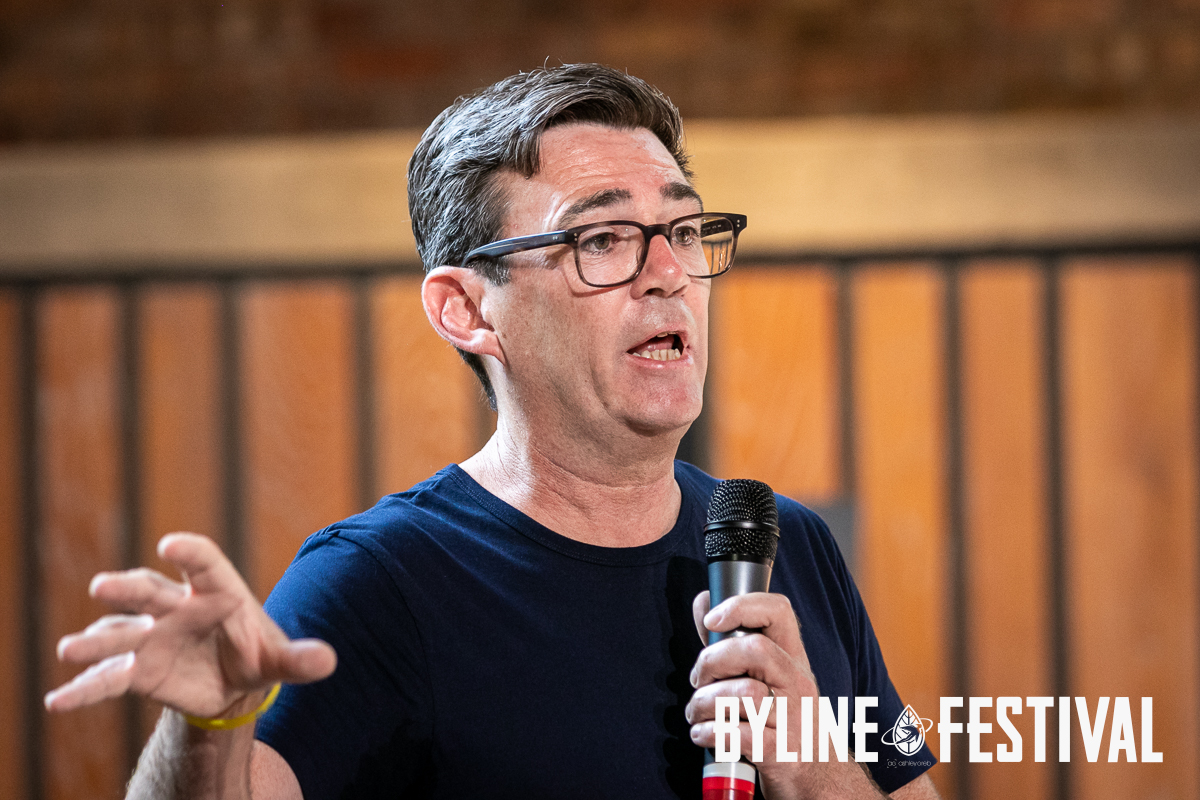
Read our Monthly Magazine
And support our mission to provide fearless stories about and outside the media system
As the country basked in the afterglow of the Lionesses’ triumph – a team that has come to embody a new kind of sporting heroism grounded in merit, solidarity, and freedom from the male gaze – the Prime Minister cut-through the public mood with an announcement.
In the same breath as celebrating women who have redefined what power, skill, and leadership can look like, Keir Starmer appointed David ‘the dinosaur’ Dinsmore – a man whose career was built on The Sun‘s Page 3 sexism, phone-hacking denialism, and media intrusion – to a civil service role as his chief communications advisor.
It represents less a fresh start and more a return to the worst clichés of Fleet Street. Akin to asking Roy Chubby Brown to keynote the Women’s Equality Party conference, Starmer’s choice was not just jarring – it was insulting.
This isn’t a political mis-step but a deliberate signal.
A regressive statement of priorities that places a man with a criminal conviction (related to his editorship of The Sun) and a catalogue of ethical failures in a position of considerable power and influence – at precisely the moment the public is crying out for change, decency, and progress.
Dinsmore is no harmless media veteran. In 2016, he received a criminal conviction under the Sexual Offences Act after publishing a pixelated image of a sexual abuse victim without consent – a serious legal and ethical breach that would disqualify someone from most professions.
His editorial legacy is littered with similar lapses.
A decade before, in 2006, as Editor of the Scottish Sun, Dinsmore bore editorial responsibility, in part, for the publication of a highly-controversial and sensitive story containing private medical information about a senior public figure. That information had been sourced from a highly unethical source – a deeply invasive act that raised serious legal and ethical questions, never satisfactorily answered. Dinsmore was then involved in the cover-up about the sourcing of that story in 2011.
Dinsmore’s senior role at News Group Newspapers (NGN) during the height of the phone-hacking scandal placed him squarely in the frame of a media empire built on the industrial-scale violation of privacy.
Under his leadership, The Sun issued years of false denials about its role in unlawful information-gathering. However, the truth was finally admitted by NGN last January in a High Court settlement with Prince Harry and former Labour Minister Lord Tom Watson. The historic admission stated that private investigators working for The Sun had engaged in unlawful information-gathering.
Rather than a clean house, Dinsmore presided over a newsroom that denied wrongdoing and smeared its critics. He didn’t reform the culture – he defended it.
He also famously clung to The Sun’s degrading Page 3 feature – championing the publication of topless images of women as “what readers wanted” long after public sentiment had moved on. While others in journalism recognised the need to challenge sexism and modernise, Dinsmore held the line – not out of courage, but out of commercial cynicism and a smidge of smutty personal preference thrown in.
As someone who worked alongside men like Dinsmore at The Sun, I know that these fossilised attitudes to women don’t just change: misogyny isn’t incidental it is woven into the culture.
Yet, here he is stepping into a significant unelected position in British politics. The man forced to resign from the board of Parkrun in 2023 after a public outcry over his appointment – backed by more than 20,000 signatures – now gets a desk at the heart of government. How is it that a community charity appears to have a more robust set of checks and balances than the Government?
The message this sends could not be clearer: if you are powerful enough, connected enough, and unrepentant enough, there is no scandal too great to stop your rise.
For the bereaved families of Hillsborough, this appointment is beyond tone-deaf.
The Sun – admittedly, long before Dinsmore began working for Rupert Murdoch – printed some of the most appalling lies in British press history, including the infamous front page that claimed that Liverpool fans had stolen from the dead and urinated on police officers. These were not journalistic mistakes. They were deliberate falsehoods designed to protect powerful institutions, blame the innocent, and cling to the lie that The Sun‘s original reporting was accurate.
Steve Rotheram, Labour’s Mayor of the Liverpool City Region, said the prospect of Dinsmore taking on the role “sent shivers down my spine”.
“I feel compelled to speak out about the appointment of David Dinsmore, a former Editor of The Sun, to a senior communications role in the civil service”, he wrote in a statement.
“For many people in our city, particularly those who fought for justice for the Hillsborough families, this appointment will be seen as a deeply insensitive choice, given the hurt caused to our communities unjustly targeted by that ‘newspaper’, Rupert Murdoch, and his acolytes.
“Liverpool hasn’t forgotten. We haven’t forgiven. And we never will. The paper Dinsmore once led printed falsehoods that caused unimaginable pain. That shouldn’t be brushed off as a footnote in his CV, it should be a red line”.
Hillsborough campaigners and families called the appointment “a slap in the face”. And they are right, it is a betrayal of the public trust – not just for what Dinsmore did, but for what his hiring represents: a return to the kind of unaccountable media-political nexus that has done so much damage to British public life.
It is impossible not to see the parallels with David Cameron’s disastrous decision to bring Andy Coulson – then a former News of the World Editor – into 10 Downing Street as his Director of Communications in 2010. Coulson, too, was steeped in the culture of tabloid wrongdoing. He, too, was appointed despite warnings. And he, too, brought disgrace on the Government that hired him when he was later jailed for his role in the phone-hacking scandal.
Have no lessons been learned?
The Labour Party once stood for media accountability. It once backed the Leveson Inquiry, supported victims of press abuse, and promised reform. But by elevating a man like Dinsmore – without apparently sufficient scrutiny, transparency, or due diligence – Starmer has shredded that legacy in a single stroke.
In doing so, the ‘revolving door’ of discredited media figures wielding influence in secret, shielded from accountability, and insulated from consequence appears to be alive and well.
This is a Government dismissing the public mood, the ethical red flags, and the pleas of those most harmed by the culture Dinsmore helped uphold. At a time when the toxic rhetoric of the ‘manosphere’ is seeping into mainstream culture and making society more hostile for women, Keir Starmer has chosen to elevate a man whose retrograde views on feminism only deepen that danger.
David Dinsmore is emblematic of everything that has gone wrong with the relationship between power and the press. His appointment shows that, despite promises of change, this Government is still stuck in the past. If Starmer wants to prove that he understands where the country is heading, he should start by leaving behind the men who helped hold it back.
Or, as Steve Rotheram, put it : “Trust can’t be restored by drawing from the same networks that helped erode it.”
Emma Jones is a board director of the campaign group Hacked Off for press accountability. She has been an editor, reporter, and columnist for Smash Hits, The Sun, the Sunday Mirror, and the Mail on Sunday



